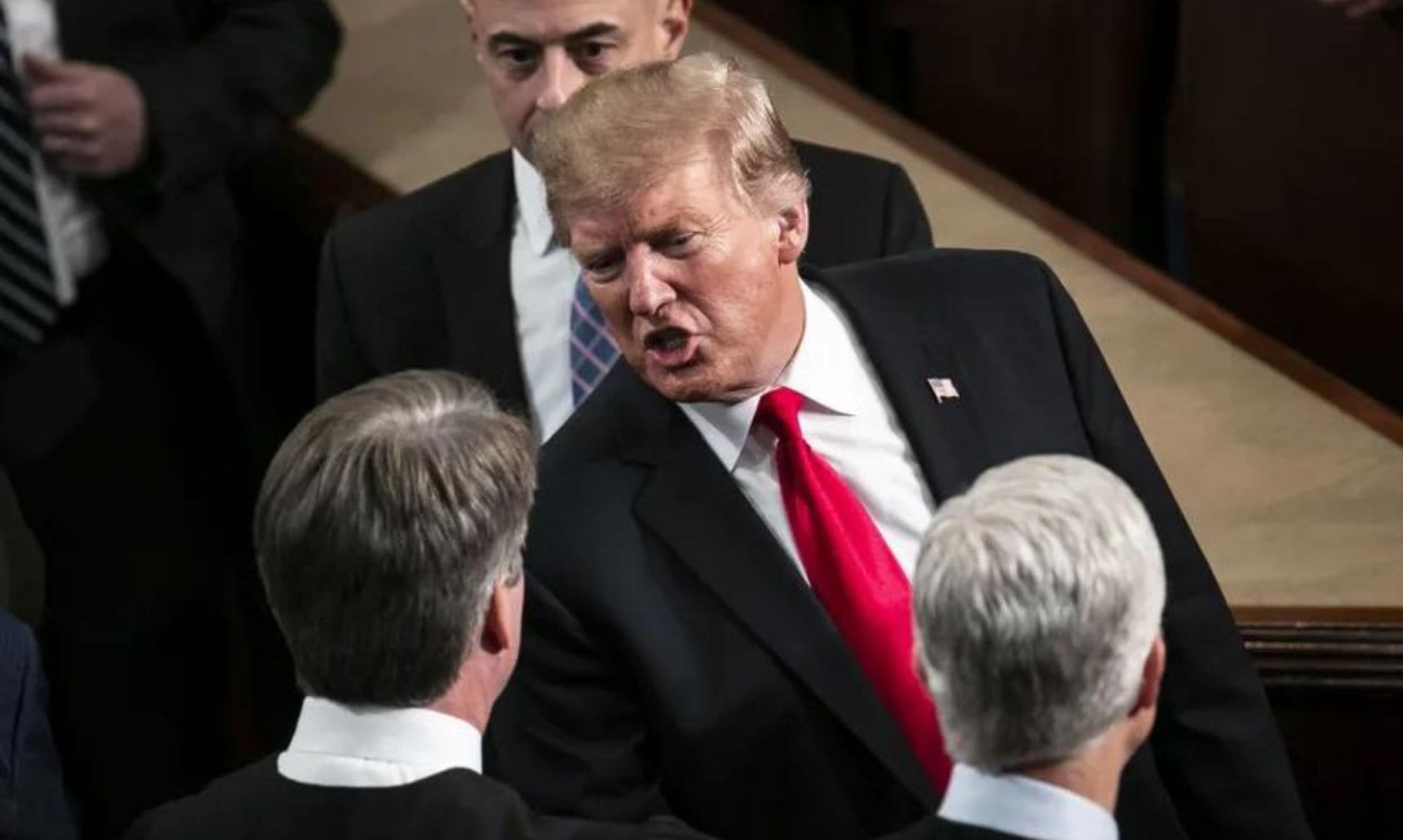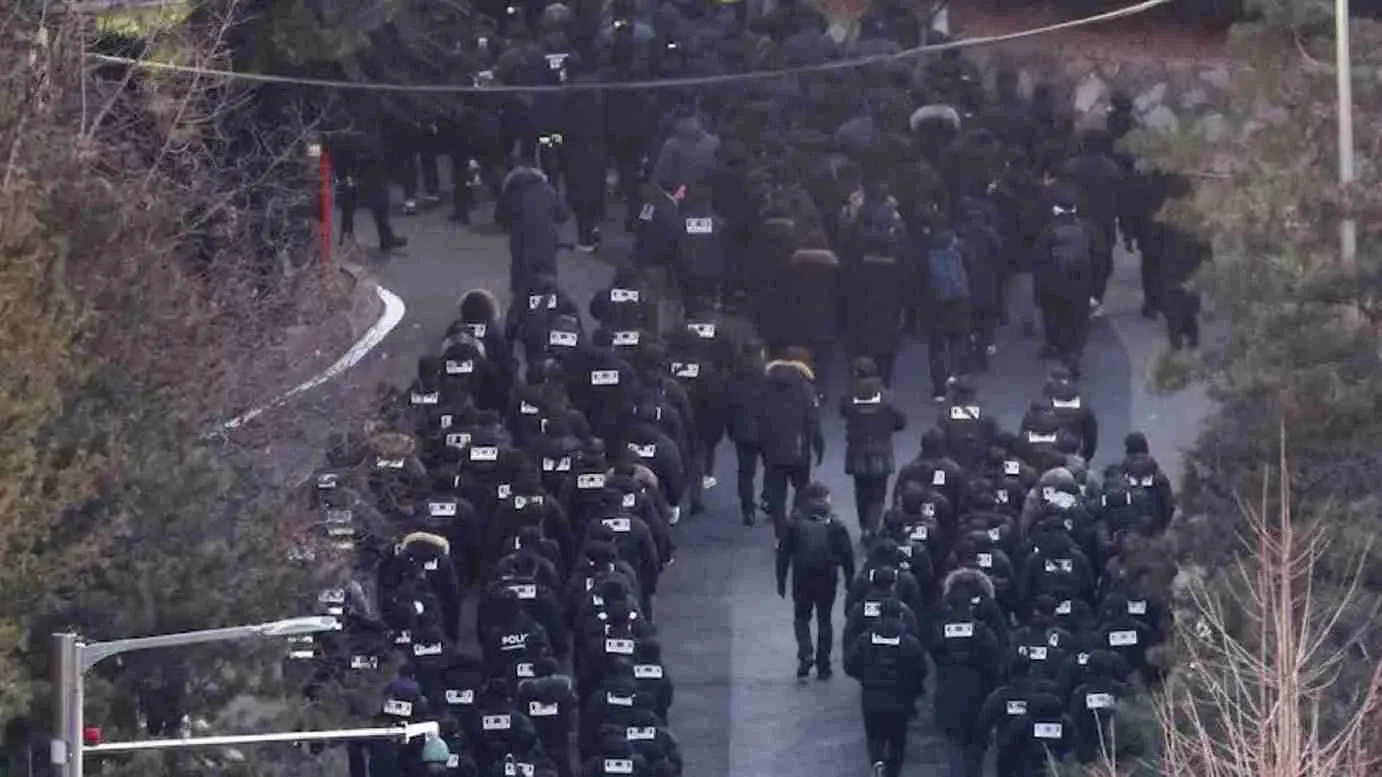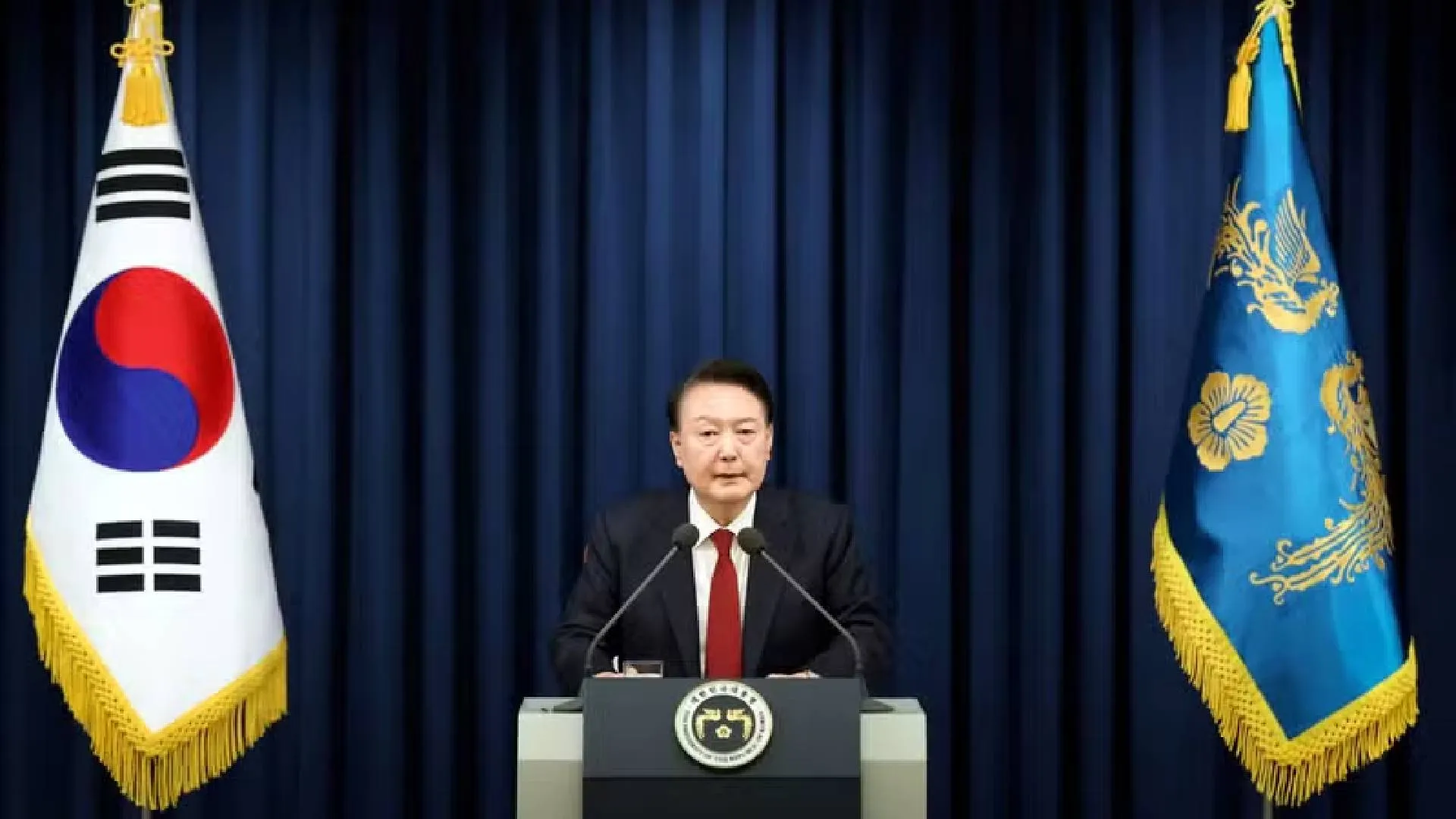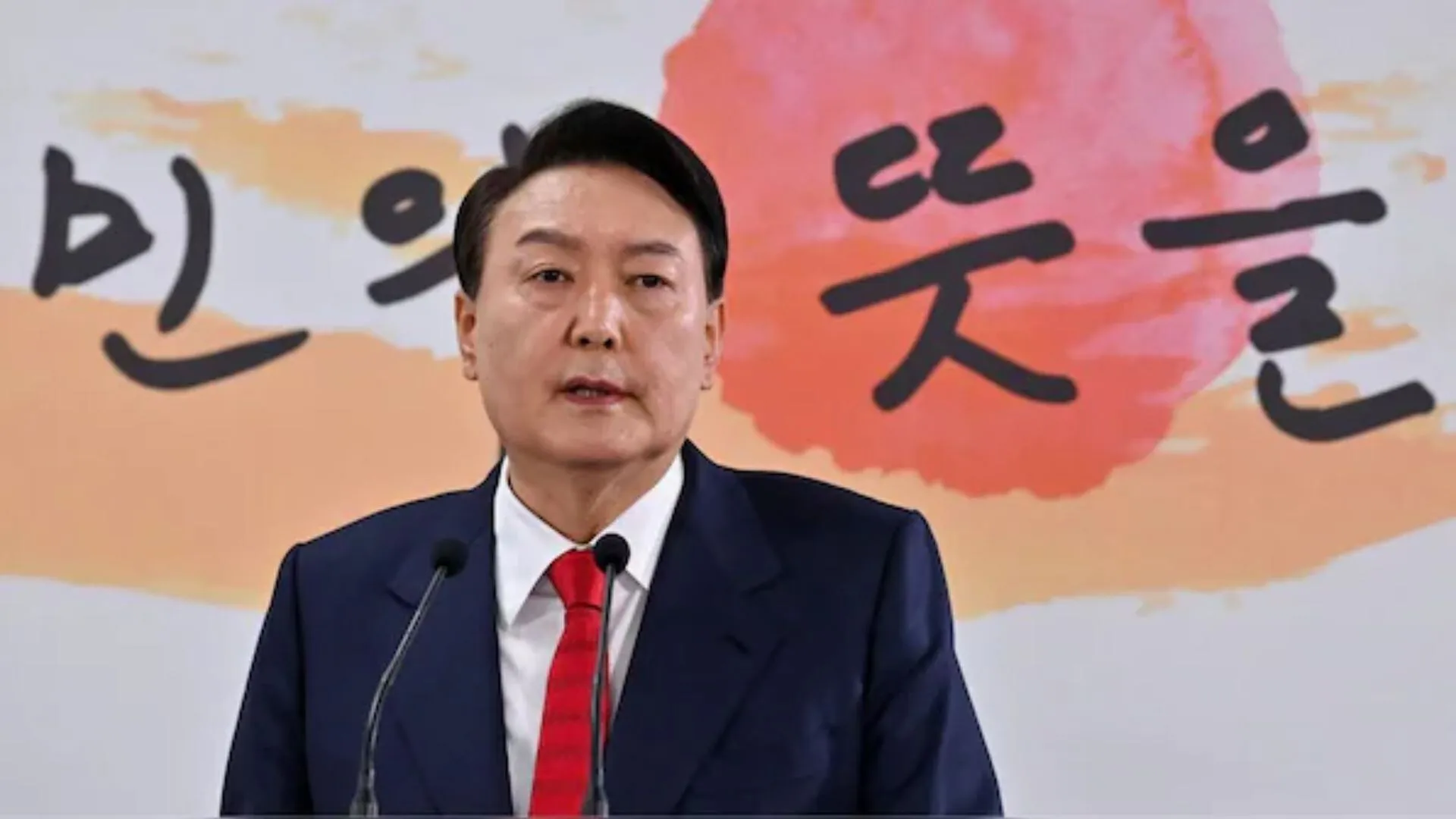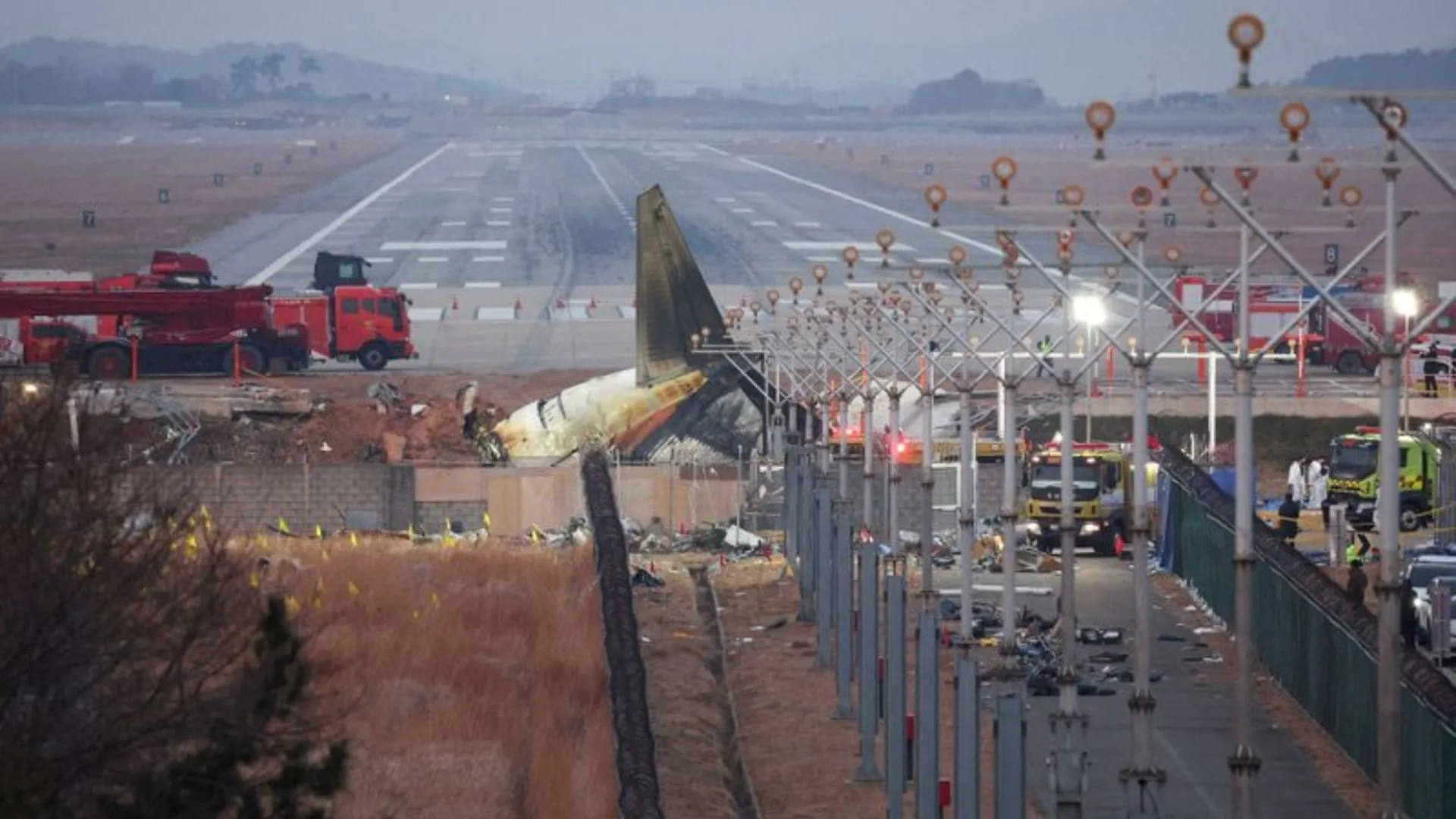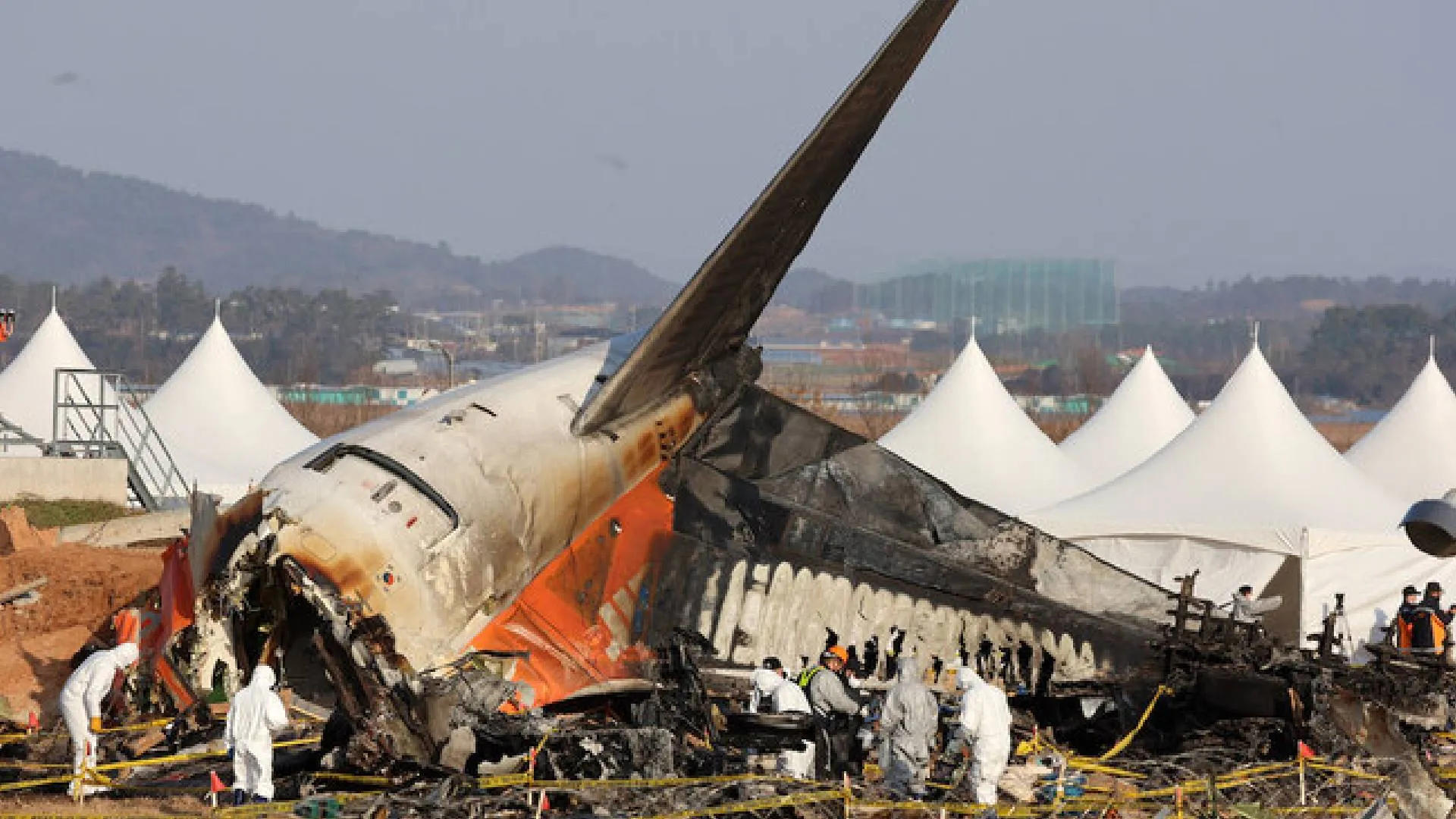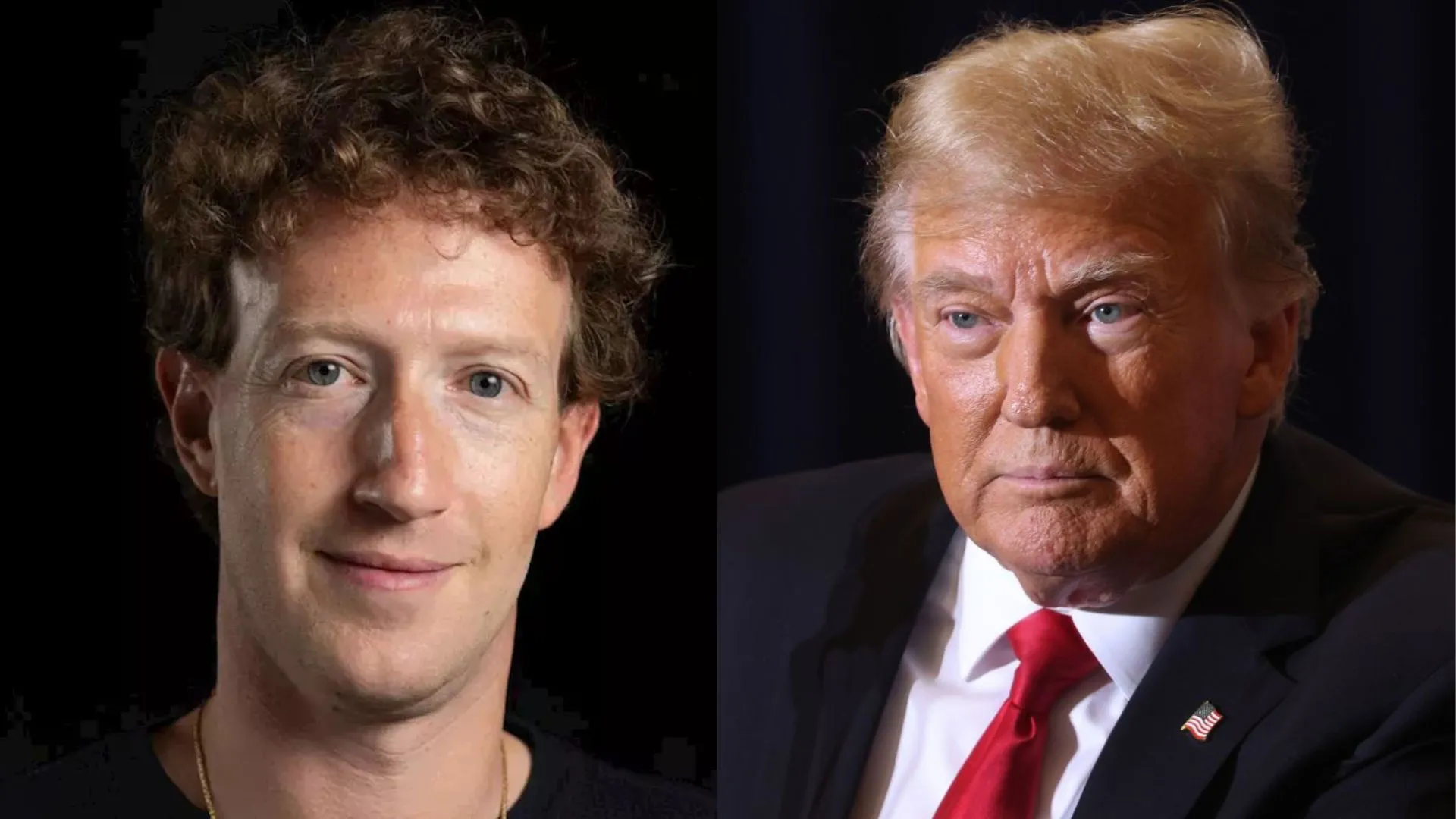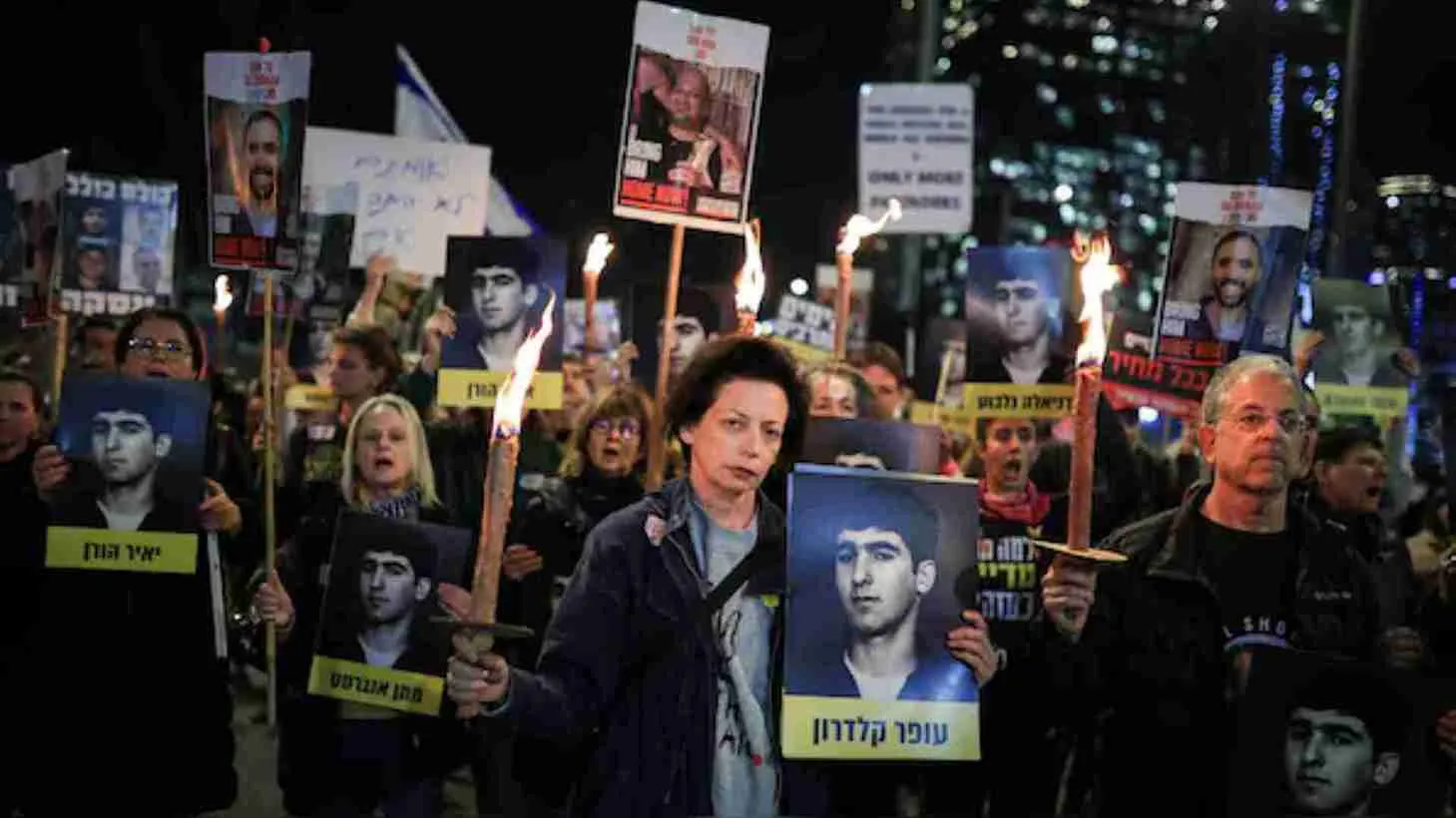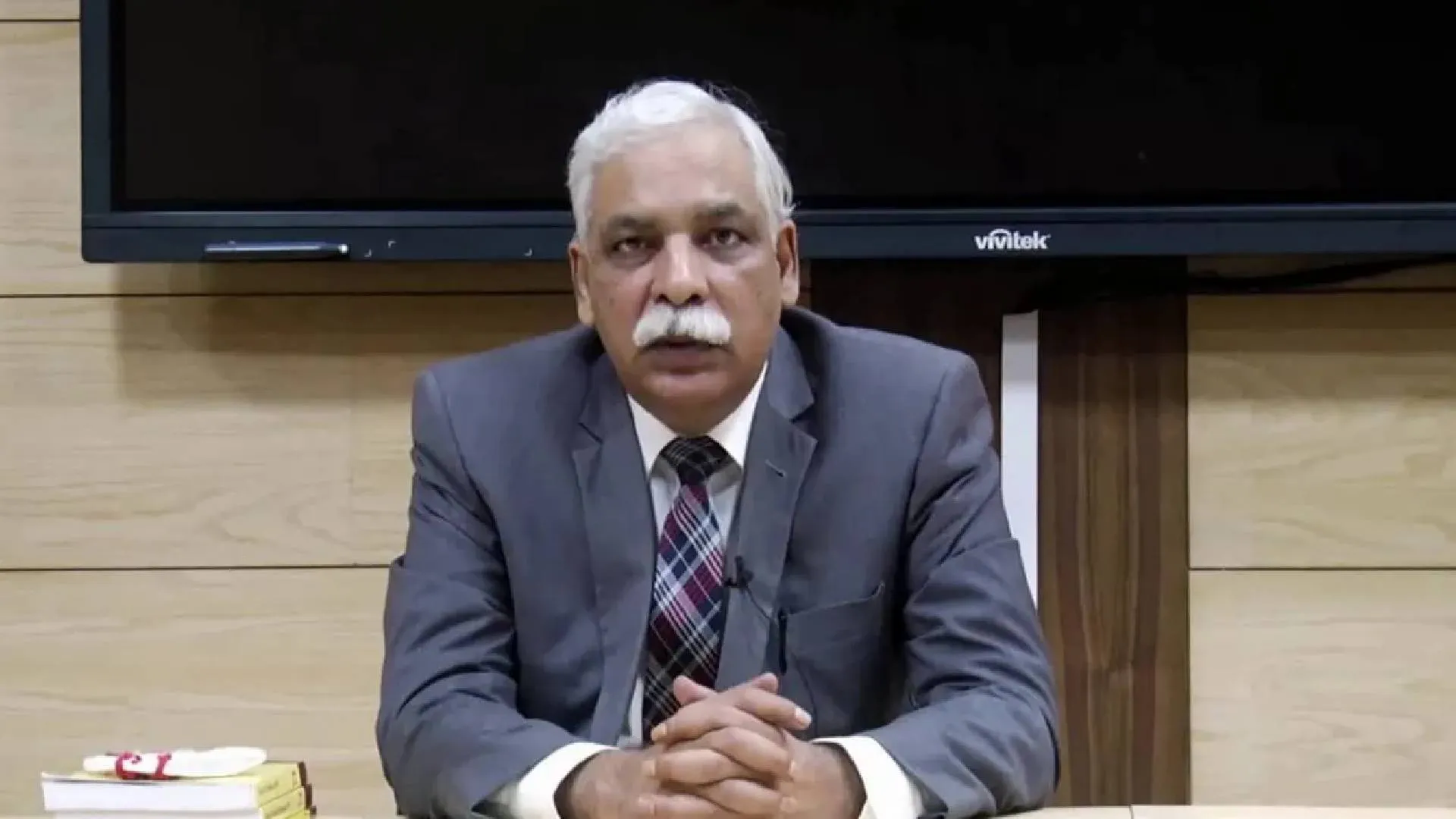A New York judge, Justice Juan Merchan, eased restrictions on former President Donald Trump’s speech after his conviction on charges related to efforts to influence the 2016 election by paying off a porn star, reported by BBC on Tuesday. Trump can now discuss trial witnesses and comment on the jury, but he is still barred from targeting specific prosecutors and others in the case. Another order prevents revealing the identities of anonymous jurors.
The restraining order was originally imposed due to concerns that Trump’s past threats could disrupt the trial. He was found guilty of covering payments made by his lawyer Michael Cohen to Stormy Daniels, an adult film actress of $130,000 who intended to disclose a sexual encounter with Trump before the 2016 election. Judge Merchan imposed the gag order before the trial started in April, pointing Trump’s history of threatening statements as a risk to the trial’s integrity. During the seven-week trial, Trump was fined $10,000 for violating the order and warned on May 6 that further violations could result in jail time. Trump denies the encounter and plans to appeal. Sentencing is scheduled for July 11, just before the Republican Party’s presidential nomination convention.
Prosecutors wanted to keep limits on what Trump could say about jurors and court staff, fearing for their safety due to threats from his supporters. Trump argued that these restrictions violated his right to free speech and hindered his ability to counter criticism during his campaign. Trump’s lawyers also argued that the restraining order could limit his ability to respond to attacks from President Joe Biden in their upcoming debate on Thursday.
Even though some restrictions on Trump’s speech have been lifted, he still can’t comment specifically about jurors and certain trial participants. However, he can still criticize the case itself, Justice Merchan, and Manhattan District Attorney Alvin Bragg. This ongoing legal fight highlights the balancing act between free speech, fair trials, and safeguarding judicial processes in high-profile cases.
As Trump’s sentencing nears and his appeal progresses, these legal moves could affect both the trial itself and the larger political scene leading up to the next presidential election.

